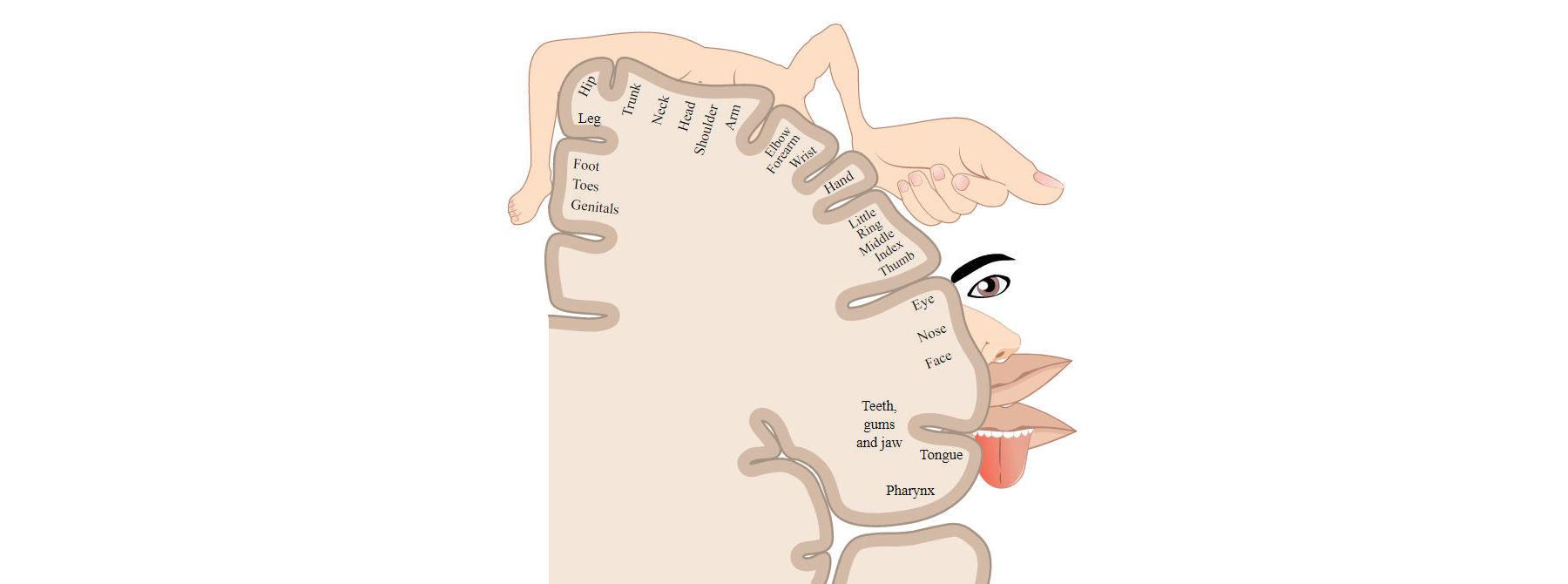
Brain, Toes, and Fingers
When we practice the movements of the Tai Chi Chuan Short Form, we are always moving as human beings move. We are expressing our human physiology moment by moment and day by day. What changes moment to moment is the quality of our awareness of that reality.
Our mind decides to accomplish a goal, large or small, and tells the brain to initiate movement, to continue the movement, and ultimately to stop the movement. So what is different about our practice of any of the Tai Chi Chuan Forms as compared to other, everyday movements?
In the Form, we are making the effort to move using energy rather than moving using muscles with the accompanying tension. This focus is possible because the movements are slow and are carried out attentively; and they are not done with a distracting goal in mind.
We have the chance, therefore, to focus on clearing up unwanted muscle and brain activations that do not contribute to our movements. We can start to feel our own openness and spontaneity, leading to softness, speed, and ultimately even to generosity and sensitivity to others!
There is immense impact for our brain and body that results from action taken without tension. When our willpower is focused on the moment, and the brain is enabling exactly the desired movement (or cessation of movement), excess thought and tension starts to clear away, and we can better receive the healthy energy from our innermost mind/body.
Since Tai Chi Chuan practice is based on movement of energy with full awareness and without tension, the question arises, “How can we practice and achieve that full awareness without tension?”
Here is one answer that I can offer:
Our brain naturally controls our feet and fingers. Specifically, for action we need the arch as a weight-bearing foundation and the ball of the foot and big toe (along with supporting toes) to connect to and use the ground for traction and propulsion during movement. At the same time, the fingers carry out our desired action in the air, using the support of the earth and our feet.
If somehow, through an accident or stroke, we were to lose either connection to the toes or to the fingers, our brain will inevitably start to re-wire in order to create similar points of focus and action. That is, the human brain is wired as a physically dual engine: support on the solid earth, and movement through the air.
The expansion of energy we need for effective movement can only occur when there is solid support in place from both the earth/ground and the feet that are encountering the ground. When that support is present, the fingers can expressively lead the body to follow along, accomplishing what the mind wants with its passion and determination.
A football quarterback, even when forced to move backwards, will expand against the ground in order to support throwing the football to a receiver. This is similar to the Form’s “Step Back and Repulse Monkey” movement.
Our health, physical capacity, and well-being all improve when we can release excessive mind tension-activity and instead experience the flow of feeling-energy in motion.
If you have been practicing Tai Chi Chuan for a while, and are in a centered stated of mind, if something near you starts to fall your hand will automatically reach out and catch it accurately in mid-air. On the other hand, if you are tense and “lost in thought”, that tension-free movement will not happen and the falling object may not be caught successfully.
By practicing the form slowly, turning the awareness inwards, we can start to re-connect the mind, toes, and fingers. When our proprioceptive nerve feedbback and our movements are free and connected, then our movement comes from and is experienced with our whole being, with the whole body connecting the grounding of the feet and the expansion into the fingers.
ACTION:
When practicing the form, be sure to soften the mind and body before each action, and let the toes and fingers release or soften somewhat, as part of the preparation for action. Then, when taking action, feel the energy expand into your inner arch and especially your ball-and-toe, and correspondingly into your fingers.
The activation of ball-and-toe and correspondingly the fingers is a gradual expansion of energy guided by the brain. The brain directs increasing energy into the ball-and-toes of the supporting foot, and into the fingers, carrying out the desired action of the mind/brain working together.
For effective and frictionless action, we only need to activate the toes and fingers, while the arch of the foot provides support; the rest of the body, as directed by the brain, is relaxed while automatically expanding support for the two endpoints of toes and fingers, thus providing energy flow to accomplish the desired action to completion.
In a few words: Our mind/brain sets an intention and determination, and activates the support of the feet and the action of the fingers; the rest of the body is automatically adjusted to support those two endpoints.
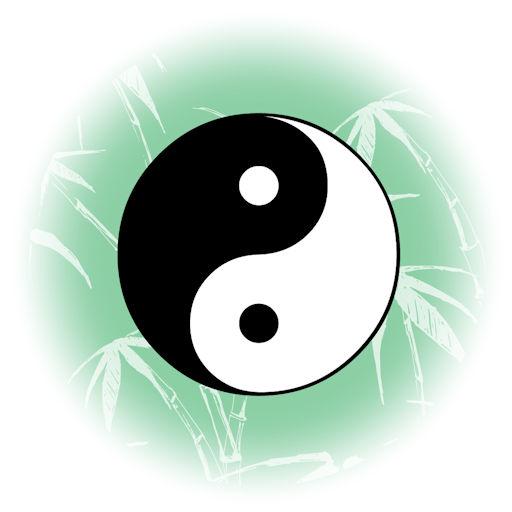
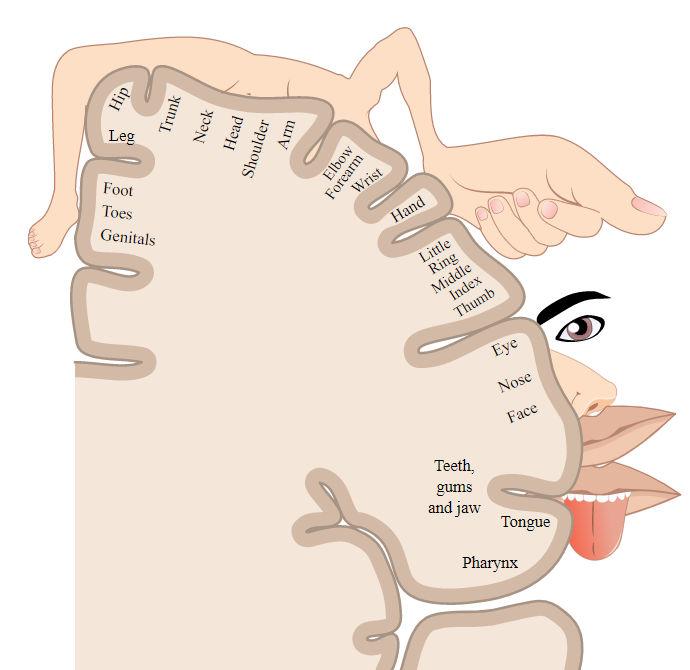
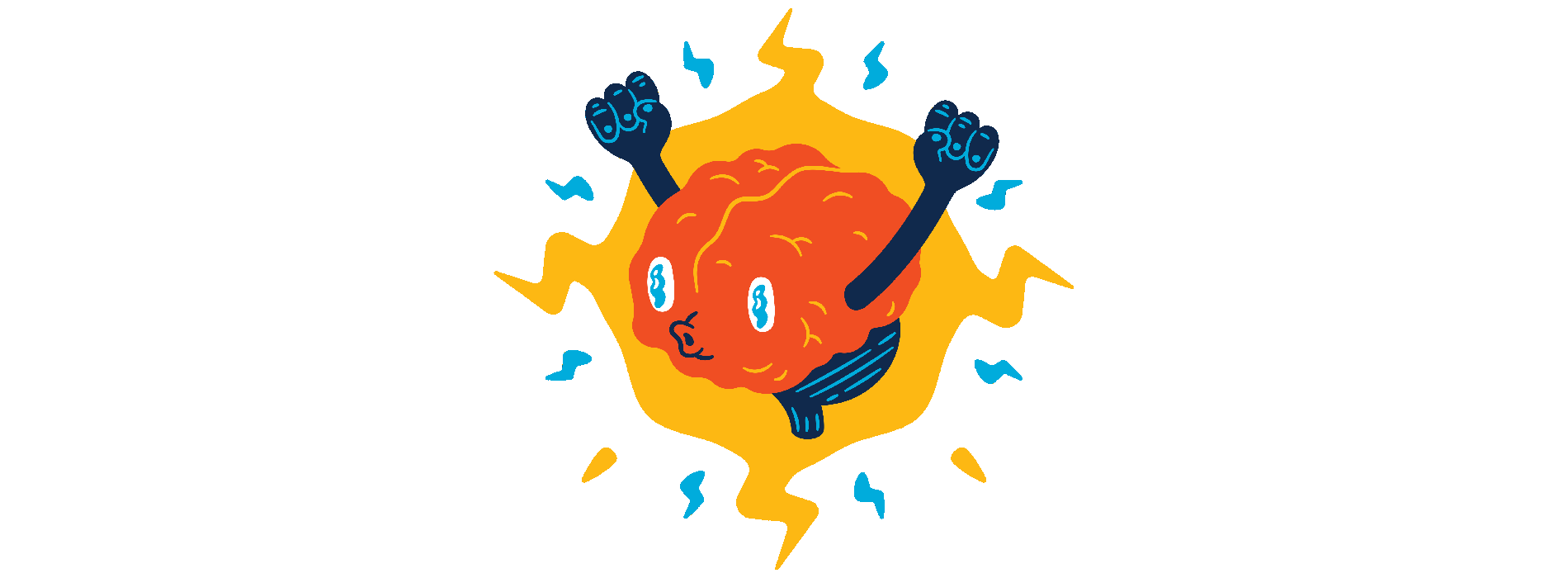
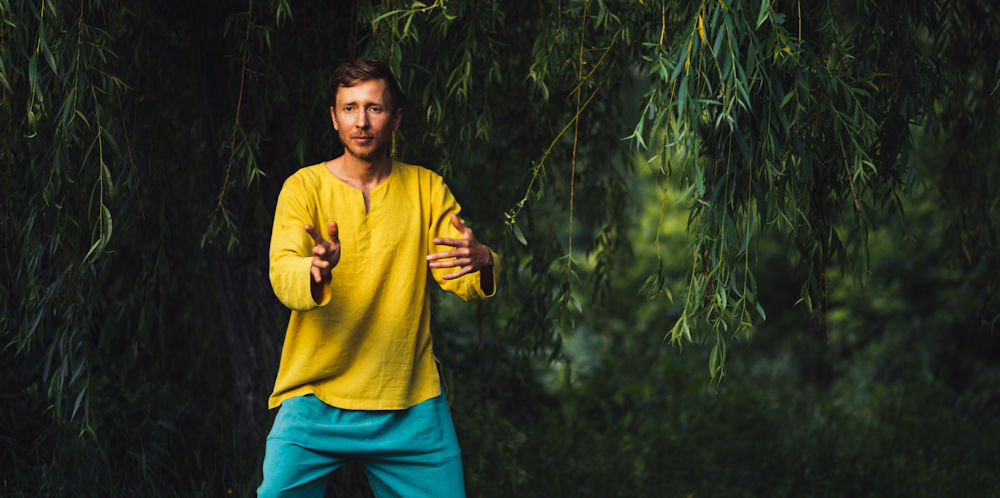
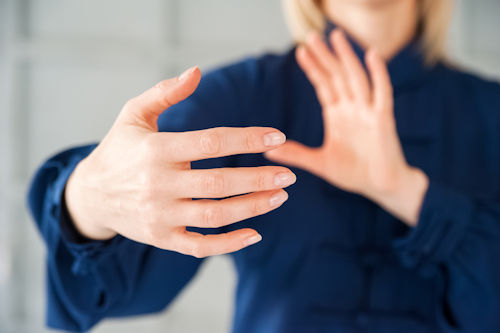
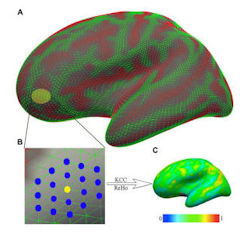 In our daily lives, most of us, even those who consider themselves relatively relaxed and stress-free, are holding a lot of muscle tension in our bodies, and corresponding tension in thoughts and feelings.
In our daily lives, most of us, even those who consider themselves relatively relaxed and stress-free, are holding a lot of muscle tension in our bodies, and corresponding tension in thoughts and feelings. One key is to understand and use the Yin-Yang polarity. As human beings we can never function in total release nor in total action. Life is a moment-by-moment flow between letting go and engagement, on a background that is neither one of those. That is our reality!
One key is to understand and use the Yin-Yang polarity. As human beings we can never function in total release nor in total action. Life is a moment-by-moment flow between letting go and engagement, on a background that is neither one of those. That is our reality!